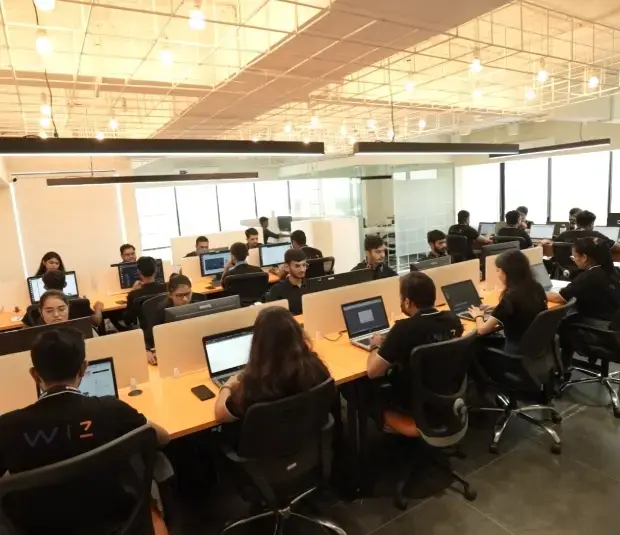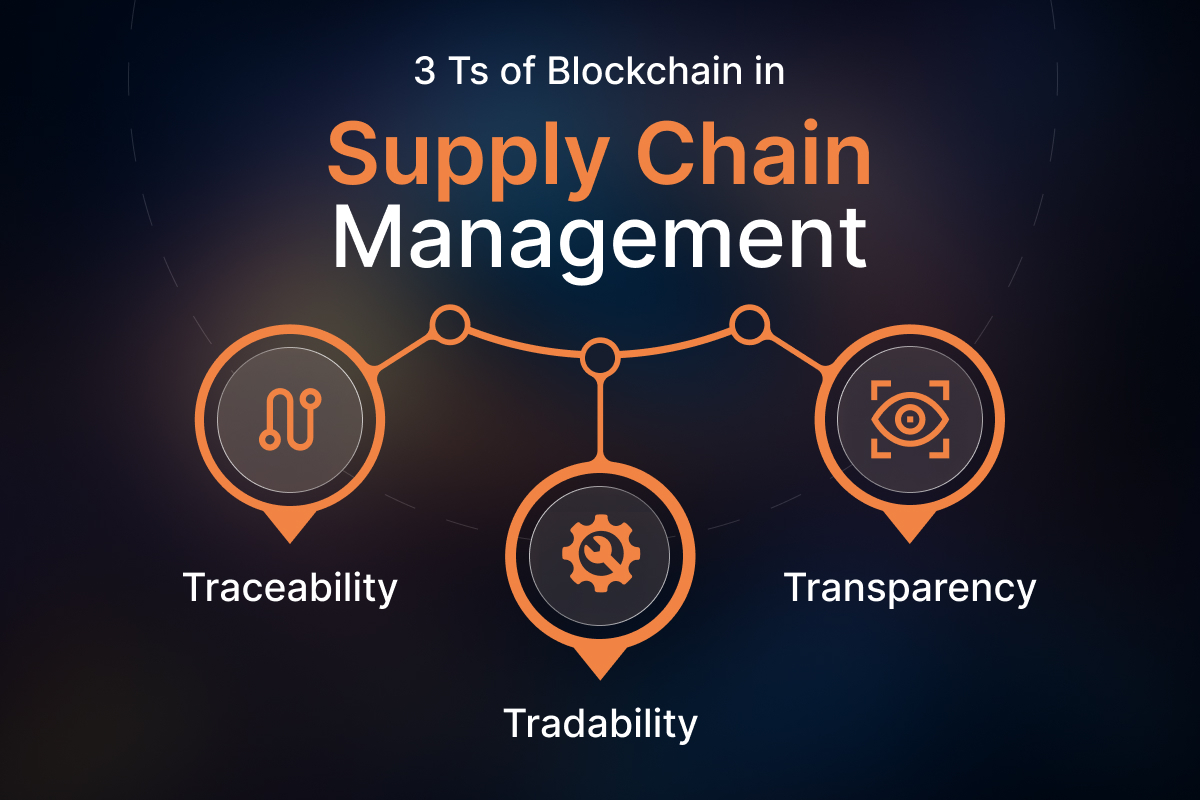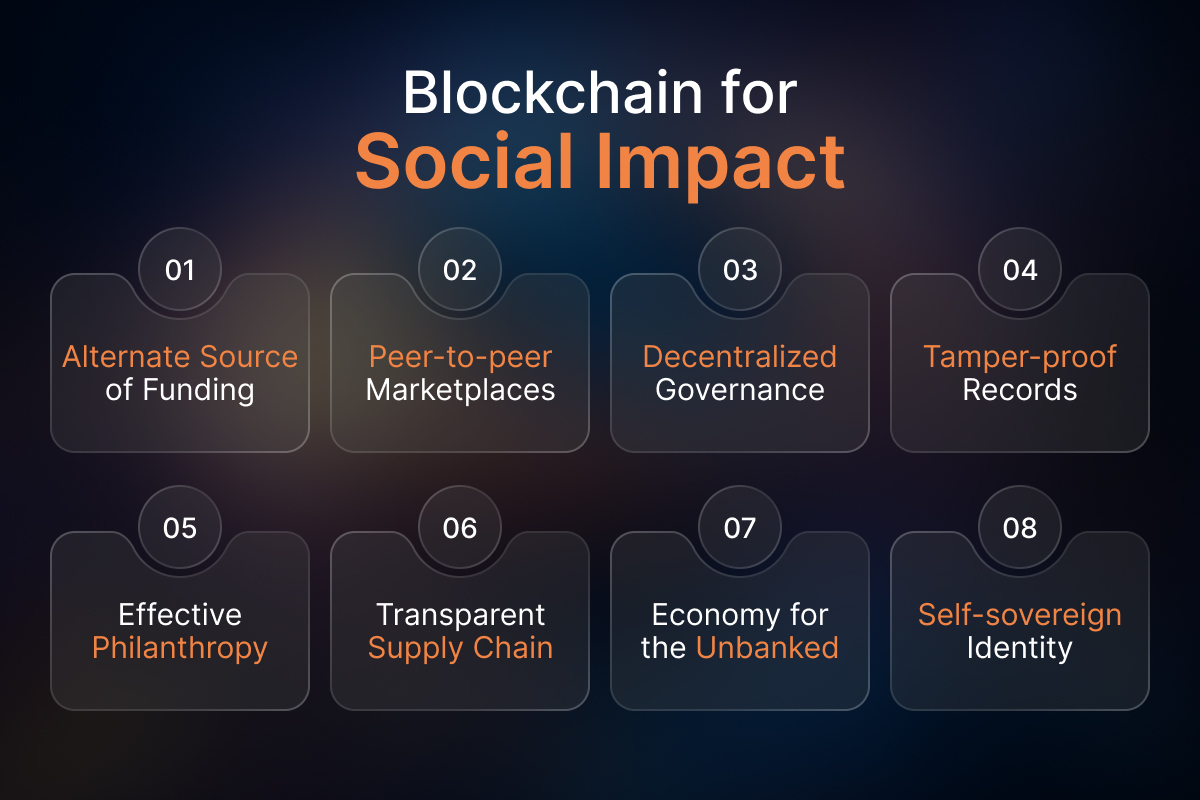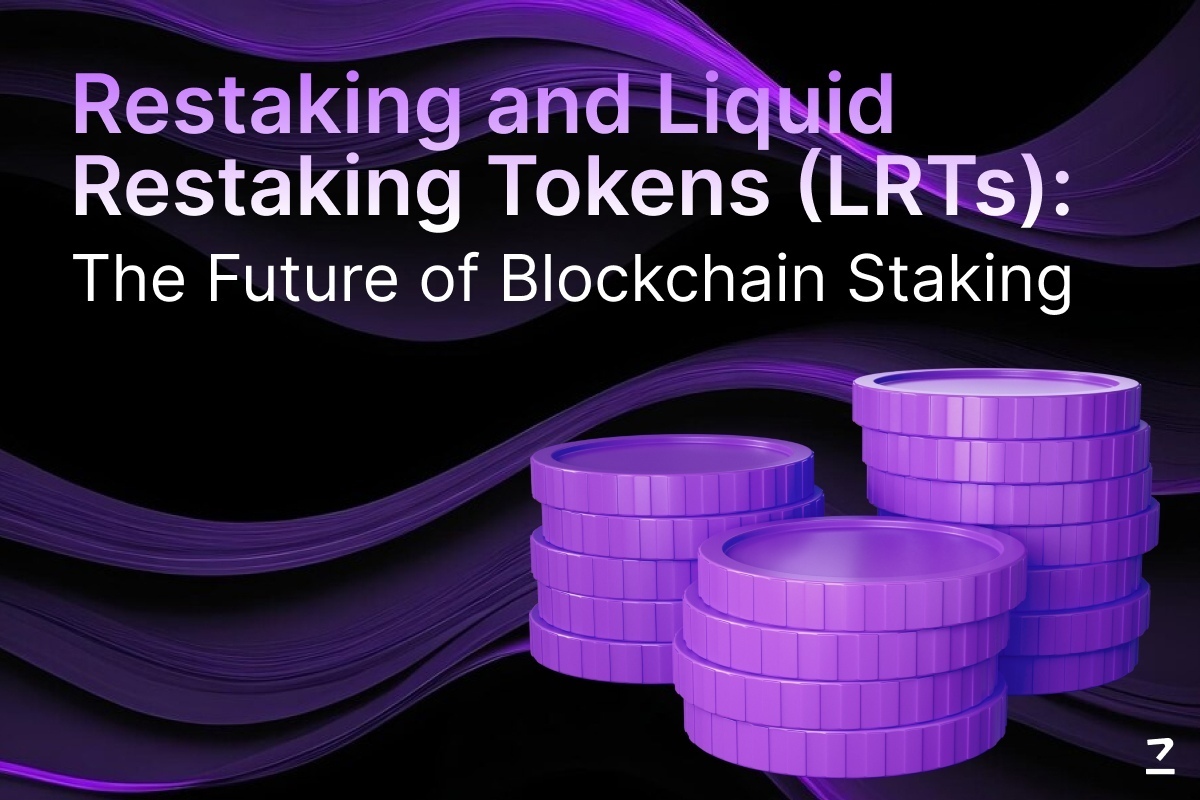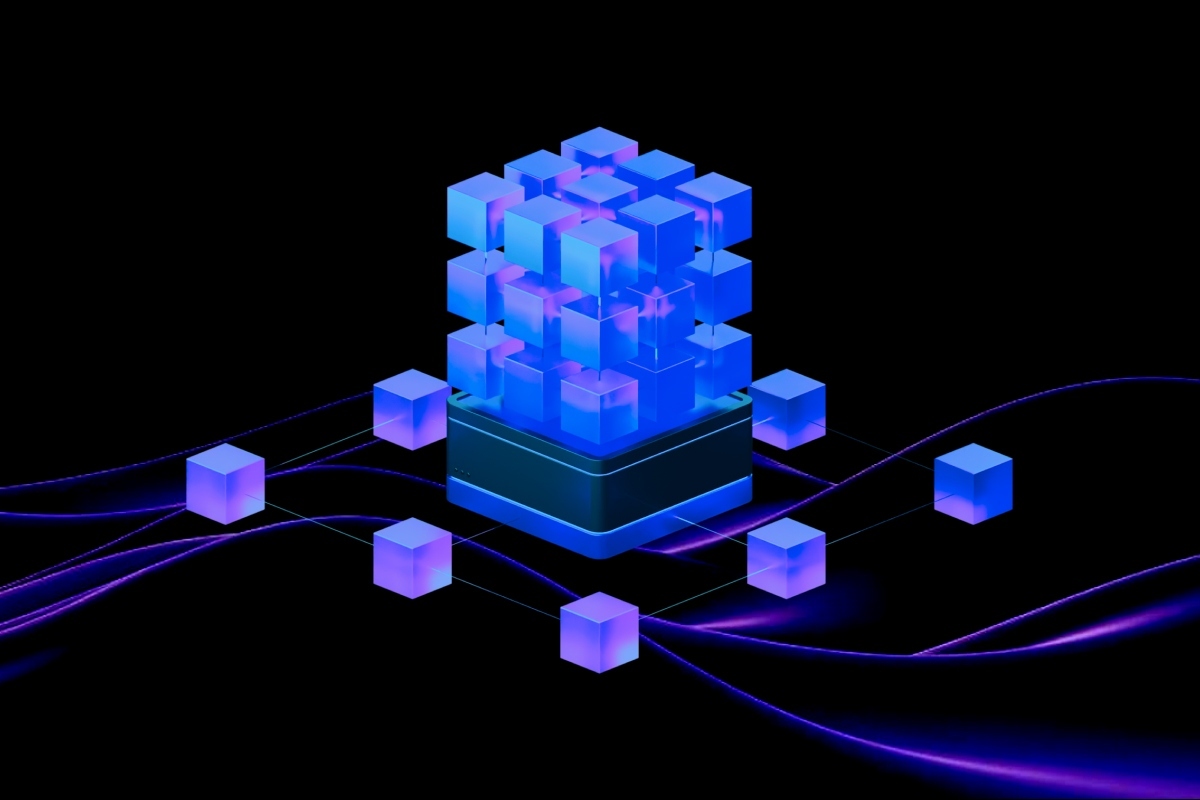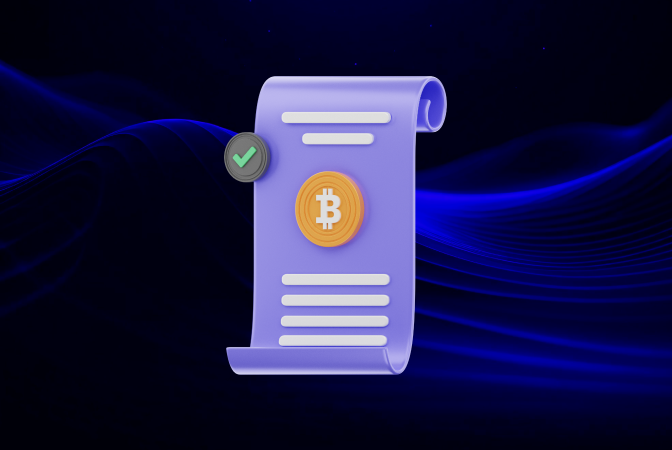SHARE THIS ARTICLE
Empowering Communities: How Blockchain is Solving Social Challenges
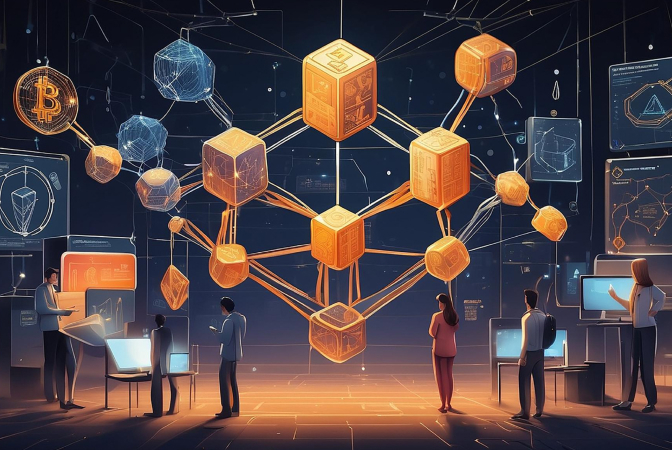
The social fabric of the world is intricately woven, with the well-being of individual communities directly impacting the global landscape. Yet, a significant portion of the world's population faces persistent social challenges. The World Bank estimates that over 1.7 billion adults lack access to traditional financial institutions, highlighting just one aspect of this complex issue. Limited access to clean water, healthcare, and secure identification are further examples of these challenges that obstruct the progress and stability of communities worldwide.
Traditionally, addressing these issues has often relied on centralized systems and institutions. While these approaches have yielded progress, they can be thwarted by limitations in transparency, efficiency, and accessibility. Fortunately, the advent of blockchain technology presents a plausible opportunity for the social impact sector. Blockchain offers a secure, distributed ledger system that fosters trust, transparency, and immutability – key attributes that can empower communities and revolutionize our approach to tackling social issues. In the following sections, we will walk through the functionalities of blockchain technology and explore how it aids communities in overcoming social challenges, leading to a more inclusive and sustainable future.
The Problems Communities Face
While the specific social challenges faced by communities vary geographically and socioeconomically, some persistent issues hinder progress on a global scale. Here are some prominent examples that deserve closer examination.
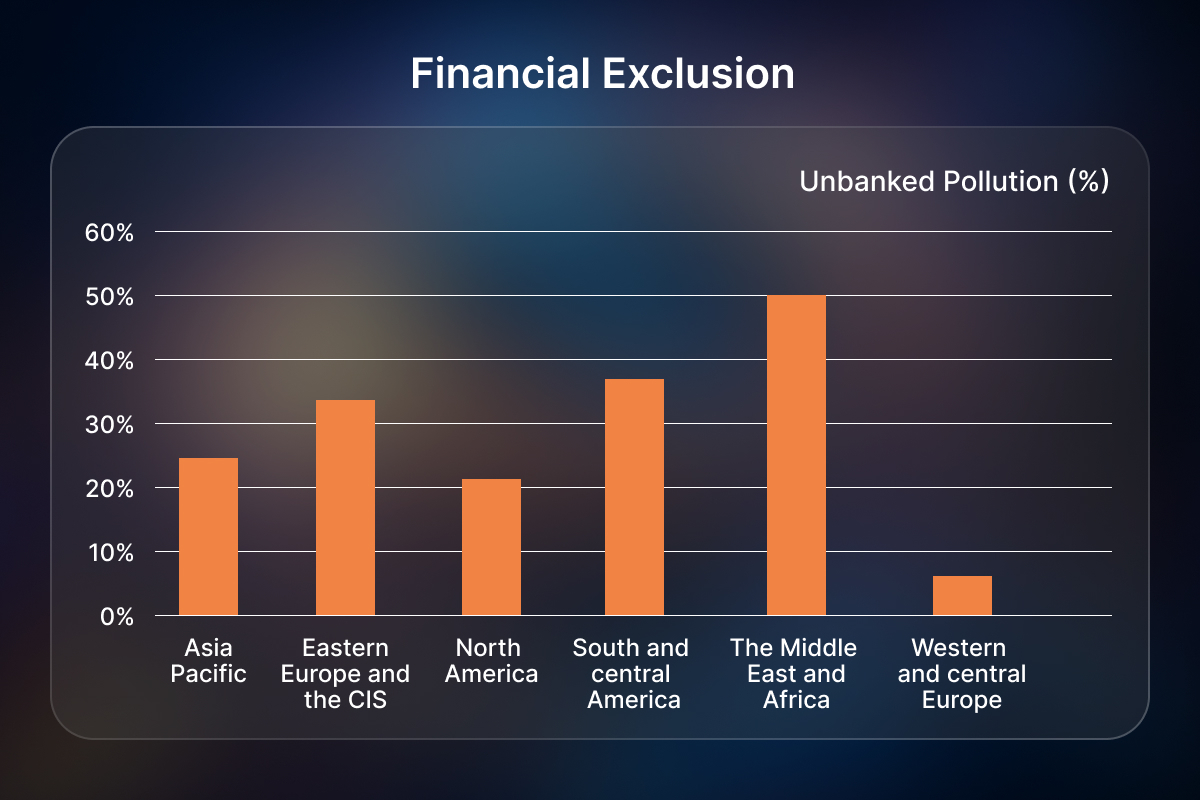
A significant barrier to economic empowerment is the lack of access to financial services for a large portion of the world's population. This issue, often referred to as financial exclusion, disproportionately affects low-income individuals and communities. The root causes of financial exclusion are multifaceted.
-
Lack of Trust in Traditional Institutions: Negative experiences with banks or a lack of awareness about financial products can lead to distrust, discouraging participation in the formal financial system.
-
Limited Access to Resources: Strict eligibility criteria or geographical limitations can prevent individuals from opening bank accounts or accessing financial products.
-
High Transaction Costs: Traditional financial services can be expensive, with high fees for basic transactions like money transfers or account maintenance.
Existing solutions, such as microfinance institutions, have played a significant role in promoting financial inclusion. However, these solutions can be limited by reliance on centralized management, opaque transaction records, and difficulty scaling to reach broader populations.
Inefficient Supply Chains for Fair Trade Goods
Consumers are increasingly interested in supporting ethical and sustainable practices. Fairtrade goods aim to ensure producers receive fair compensation for their products. However, the complex nature of global supply chains often makes it difficult to track the origin of goods and ensure fair trade practices are upheld.
The challenges lie in (1) Lack of transparency: The opacity of traditional supply chains can conceal unfair labor practices or environmental exploitation. (2) Difficulty in verification: It can be challenging to verify if products originate from ethical sources due to a lack of robust tracking mechanisms. (3) Fraudulent Practices: The potential for misrepresentation of fair trade practices exists without a secure and transparent system.
While existing certification programs aim to address these issues, they can be susceptible to counterfeiting and rely heavily on centralized verification bodies.
Identity management for vulnerable populations
Refugees fleeing war or persecution, as well as individuals living in conflict zones or areas with weak governance, often struggle to establish or prove their identity. This lack of documentation can severely restrict access to basic services like education, healthcare, and social welfare programs. Traditional methods of identity management rely on centralized authorities, which can be inefficient or inaccessible in certain regions. Additionally, paper-based identity documents are vulnerable to damage, loss, theft, and even manipulation. Furthermore, these traditional systems often lack interoperability, making it difficult for refugees to access services across different countries or regions.
These are just a few examples, and the root causes of these challenges are often complex and interconnected. However, they all share a common theme: a lack of trust, transparency, and secure access to resources. Let’s explore how blockchain technology can address these limitations and help communities overcome these social challenges.
The Power of Blockchain for Social Good
Before getting into specific applications, it’s essential to walk through the core concepts underpinning blockchain’s transformative potential.
Understanding Blockchain
At its core, blockchain technology utilizes a distributed ledger system. In simpler words, a shared record is not stored on a single server but replicated and synchronized across a network of computers. This distributed nature eliminates the need for a central authority, promoting trust and transparency. Transactions recorded on the blockchain are immutable, meaning they cannot be altered or deleted once added, guaranteeing data integrity.
There are various consensus mechanisms that govern how transactions are validated and added to the blockchain. Proof-of-work (PoW) is a common mechanism used in public blockchains like Bitcoin, where miners compete to solve complex puzzles to earn the right to add a block. Proof-of-stake (PoS) is an alternative approach that relies on validators who have a stake (ownership) in the network to verify transactions, leading to increased efficiency and reduced energy consumption.
In the context of social impact projects, both public and private blockchains offer advantages. Public blockchains provide a high degree of transparency and immutability, making them suitable for initiatives that require public trust, like charity fundraising. Conversely, private blockchains offer greater control and scalability, making them ideal for applications like supply chain management within a consortium of trusted partners.
With the basics of blockchain technology out of the way, let’s take a look at the empowering features that make blockchain a game-changer for social good.
Transparency and Traceability
Blockchain creates an immutable record of transactions, providing unparalleled transparency and traceability throughout a process. Every single step, from the initial donation to the final delivery of aid or implementation of a program, can be permanently recorded and cryptographically secured on the blockchain. This leads to a high degree of trust and accountability among all stakeholders involved. Donors can be assured that their contributions are being used effectively and aid recipients can be confident that the resources they receive are intended for their specific needs. Consider a scenario where a charity working in a developing country utilizes a blockchain platform to track food aid distribution. Every step of the process, from the moment a donation is received to the final delivery to a refugee camp, can be recorded on the blockchain. Donors can then access a secure portal to view real-time updates on the distribution process, including geo-tagged photos and verification of receipt by aid recipients. This transparency enhances trust and assists donors to continue supporting the charity's work.
Decentralization and Empowerment
By removing the need for centralized authorities, blockchain helps communities take ownership and control of their data and resources. Decisions can be made collectively and democratically, eliminating the potential for corruption or mismanagement by central bodies. Additionally, disintermediation of unnecessary intermediaries can lead to a more efficient and equitable system. For example, a blockchain-based supply chain management system could track ethically sourced goods from farm to table, ensuring fair compensation for producers and transparent practices for consumers. Farmers in developing countries could participate in a blockchain-powered fair trade network, where they receive a larger share of the profits by cutting out middlemen. Consumers can then use the blockchain platform to trace the origin of the products they purchase, verifying that they were produced according to ethical and sustainable practices.
Secure Identity Management
Blockchain can provide individuals with a secure, verifiable digital identity that is stored on the blockchain and protected by strong cryptography. This is particularly beneficial for refugees or individuals living in areas with weak governance or conflict zones, where traditional methods of identity management are often unreliable or inaccessible. A tamper-proof digital identity stored on a blockchain empowers these individuals with secure documentation that grants them access to essential services like healthcare, education, and social welfare programs. Additionally, blockchain's potential for interoperability can further aid refugees by allowing their identities to be seamlessly recognized across different regions. With a blockchain-based digital identity, a refugee fleeing war who arrives in a new country can easily prove their identity to authorities and access services without having to navigate complex bureaucratic hurdles. This not only makes the process easier for refugees but also allows them to integrate more quickly into their new communities.
Enhanced Security and Accessibility and Efficient Administration
Blockchain technology can revolutionize the way we vote by creating secure, transparent, and tamper-proof decentralized voting systems.
-
Blockchain's cryptography ensures votes are unalterable and verifiable, minimizing the risk of fraud or manipulation.
-
Voting can be conducted remotely through secure online platforms, improving accessibility for people with disabilities, those residing overseas, or facing geographical limitations.
-
The entire voting process, from voter registration to vote counting, can be recorded on the blockchain, allowing for real-time audits and increased public trust in the results.
-
Eliminating the need for paper ballots, polling stations, and manual vote counting can significantly reduce election administration costs.
In simpler words, blockchain can help eliminate electoral fraud. By implementing a blockchain-based voting system, voters can cast their ballots securely online using their digital identities. The votes are then encrypted and stored on the blockchain, creating a permanent and tamper-proof record. After the voting period closes, the votes are automatically counted and verified by the network, eliminating the possibility of human error or manipulation. The entire process is transparent and auditable, boosting trust in the electoral system and encouraging greater voter participation.
Real World Examples
Blockchain technology holds immense promise for tackling social challenges and instigating positive change. Here are a few successful real-world examples.
Traceability in Fashion
The global fashion industry struggles with issues like counterfeit goods and unethical labor practices. Provenance.io leverages blockchain to track garments throughout the supply chain. Consumers can scan a QR code on their clothing to view a transparent record, including the origin of materials, factory locations, and labor conditions. This helps consumers make informed choices and incentivizes ethical practices within the industry.
Veja, a sustainable sneaker brand, uses Provenance.io to provide customers with transparency about the origin of their materials. Learn more about Provenance.io's work https://provenance.io/.
Identity Management for Refugees
Displaced individuals often face difficulties proving their identity and accessing essential services. The UN Refugee Agency (UNHCR) has hired blockchain developers with blockchain firm Evernym to create a pilot program providing refugees with secure digital IDs. This allows them to access aid, education, and healthcare more easily, while also offering a path towards financial inclusion. The project demonstrates the potential of blockchain to help vulnerable populations and optimize humanitarian aid efforts. Read more about the UNHCR's Blockchain for Refugees initiative https://www.unhcr.org/.
Voting Security and Transparency
Elections are a cornerstone of democracy, but concerns about fraud and manipulation persist. Votem https://votem.com/ is a blockchain-based voting platform designed to enhance transparency and security in the electoral process. The platform uses cryptography to ensure the privacy of voters while creating an immutable record of ballots cast. While still under development, Votem represents a promising approach to strengthening democratic institutions in the digital age.
Challenges and Considerations
While blockchain offers a powerful toolkit for social good, it's important to acknowledge the existing challenges and limitations.
Scalability
Current blockchain implementations can struggle with processing large volumes of transactions, potentially reducing their effectiveness in large-scale social impact initiatives. However, ongoing developments in scalability solutions, such as layer 2 scaling solutions, sharding, and off-chain transactions, offer promising avenues for addressing this issue.
Regulatory Uncertainty
The regulatory framework surrounding blockchain is still evolving. This can create uncertainty for organizations seeking to implement blockchain-based solutions for social impact. Collaboration between governments, industry leaders, and social impact organizations will be crucial in establishing clear and supportive regulations that foster responsible innovation.
User Adoption
For blockchain to reach its full potential for social good, it needs widespread user adoption. This may require overcoming challenges related to user education, accessibility, and digital literacy. Developing user-friendly interfaces and promoting educational initiatives will be instrumental in mainstreaming blockchain technology.
Energy Consumption
Certain consensus mechanisms like Proof-of-Work (PoW) used in blockchain networks can be energy-intensive. Sustainable solutions, such as proof-of-stake protocols, are actively being explored to reduce the environmental footprint of blockchain technology.
The Future of Blockchain for Social Good
The potential of blockchain technology for social good is not limited to the examples we've explored. As the technology develops and new possibilities emerge, we can expect to see blockchain play an even greater role in empowering communities and tackling social challenges.
Interoperable Blockchains
Currently, different blockchains often operate in silos. The future holds promise for interoperable blockchains that can efficiently communicate and exchange data. This will allow for the creation of more integrated and comprehensive solutions for social impact.
Integration with IoT
The Internet of Things (IoT) is redefining the way we interact with the world. When combined with blockchain technology, IoT has the potential to revolutionize areas like supply chain management and environmental monitoring. For instance, real-time data from IoT sensors can be used to track the origin and ethical sourcing of materials in a product's supply chain, providing even greater transparency for consumers.
Decentralized Governance
Blockchain's core principles of transparency and immutability can be applied to governance models. Decentralized Autonomous Organizations (DAOs) utilize blockchain technology to create more democratic and participatory decision-making structures.This approach can help empower communities and lead to more inclusive governance models.
Financial Inclusion
Blockchain has the potential to revolutionize access to financial services for underserved communities. By creating secure and transparent digital identities, blockchain can help individuals participate in the formal financial system, access microloans, and build financial security.
Blockchain as a Catalyst for Positive Change
Blockchain technology offers a powerful set of tools to tackle some of the world's most pressing social challenges. From ensuring transparency in supply chains to empowering refugees and strengthening democratic processes, blockchain has the potential to create a more just and equitable world.
At Codezeros, we are a blockchain consulting company committed to exploring and implementing innovative blockchain solutions that can create a more positive impact on the world. We believe in the power of this technology to bridge divides, enhance transparency, and empower communities.
If you're working on a blockchain-enabled solution to address a social challenge, we invite you to collaborate with us. Our team of experts can provide valuable guidance and support, helping you realize your vision.
Post Author

Vivek is a passionate writer and technology enthusiast with expertise in blockchain development. As the lead writer for Codezeros, he aims to educate and inform readers about the potential of blockchain technology and simplify complex concepts to present them in an engaging manner for both technical and non-technical readers.
Supercharge your socially conscious project with Blockchain
The social impact of blockchain is underrated but undeniable. If you're looking to integrate the immense potential of blockchain technology into your socially conscious project, at Codezeros, we are your best bet.
